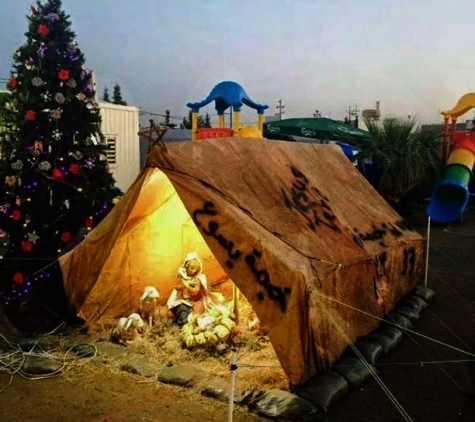
When we were baptised in Christ Jesus we were baptised in his death; in other words, when we were baptised we went into the tomb with him and joined him in death, so that as Christ was raised from the dead by the Father’s glory, we too might live a new life.
But we believe that having died with Christ we shall return to life with him: Christ, as we know, having been raised from the dead will never die again. Death has no power over him any more. When he died, he died, once for all, to sin, so his life now is life with God; and in that way, you too must consider yourselves to be dead to sin but alive for God in Christ Jesus.
Romans 6:3-4,8-11
The Second reading at Mass on Sunday, the 13th Sunday in Ordinary Time, reminds of the glory that is ours through baptism – made one with Christ, members of his Body.
That unity is not pretend or honorary. It is real and it is abiding. No one can take it from us, and it offers us the gift of life eternal. It is a life and a quality of life that we begin to live here, even in our mortal bodies, but it is a life that endures beyond this world and beyond our death here. In Christ we will be raised again, ourselves called into the life of heaven.
- How is your life today going to reflect and share that glory?
Architectural fragments from Baptistry, paleo-Christian basilica, Cimiez, Nice. (c) 2013, Allen Morris

 Gospel Acclamation
Gospel Acclamation Jesus instructed the Twelve as follows: ‘Do not be afraid. For everything that is now covered will be uncovered, and everything now hidden will be made clear.
Jesus instructed the Twelve as follows: ‘Do not be afraid. For everything that is now covered will be uncovered, and everything now hidden will be made clear.




